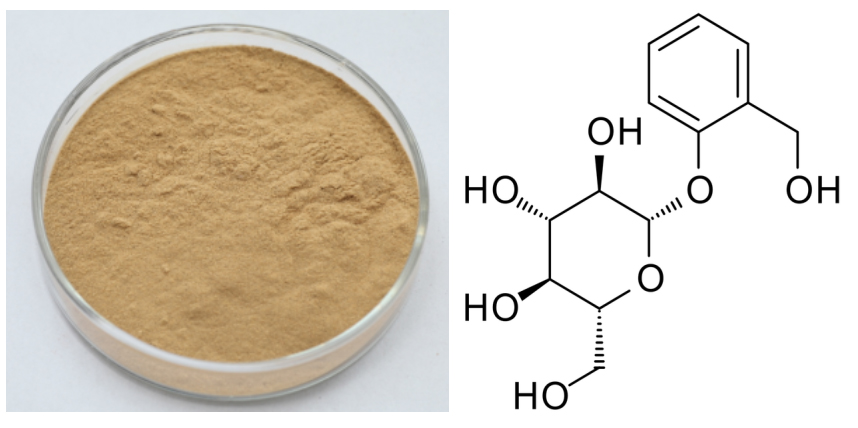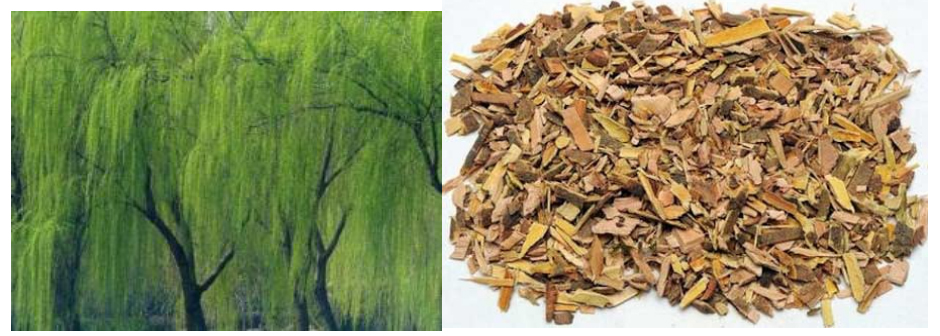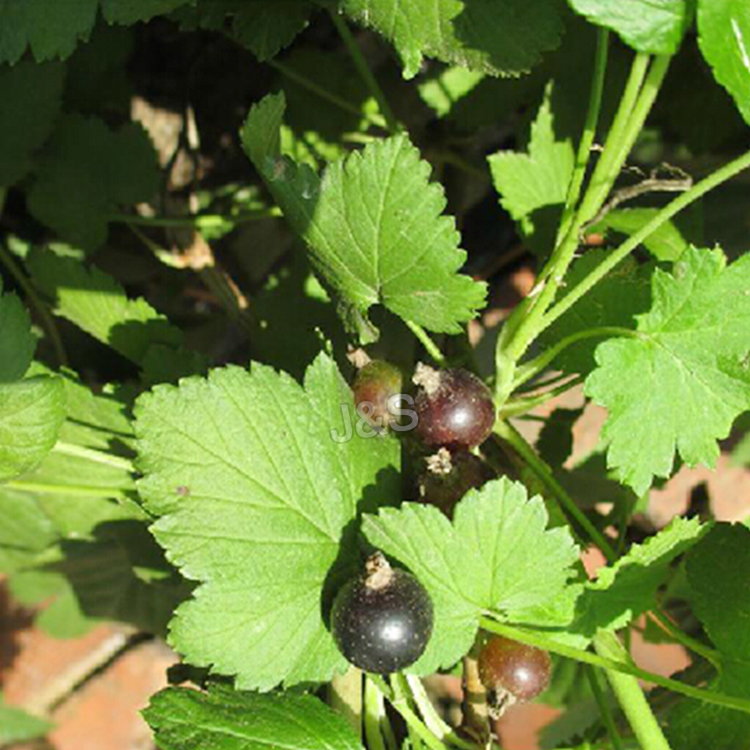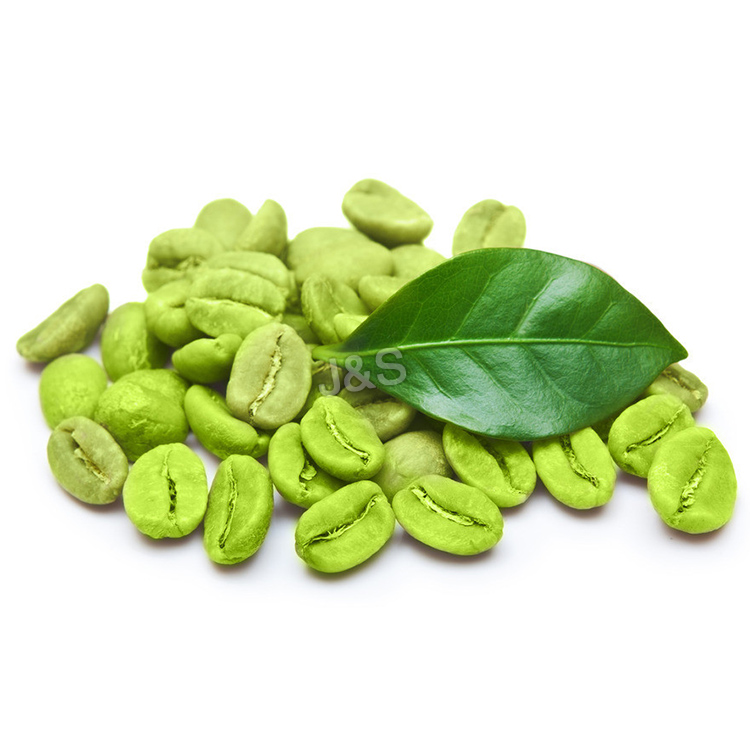Top Suppliers White Willow Bark Extract Factory for Argentina
Top Suppliers White Willow Bark Extract Factory for Argentina Detail:
[Latin Name] Salix alba L.
[Plant Source] from China
[Specifications] Salicin 15-98%
[Appearance] Yellow Brown to White powder
Plant Part Used: Bark
[Particle size] 80 Mesh
[Loss on drying] ≤5.0%
[Heavy Metal] ≤10PPM
[Storage] Store in cool & dry area, keep away from the direct light and heat.
[Shelf life] 24 Months
[Package] Packed in paper-drums and two plastic-bags inside.
[Net weight] 25kgs/drum
Brief Introduction
Salicin is a naturally occurring compound found in the bark of several species of trees, primarily North American in origin, that are from the willow, poplar, and aspen families. White willow, from whose Latin name, Salix alba, the term salicin is derived, is the most well known source of this compound, but it is found in a number of other trees, shrubs, and herbaceous plants as well being synthesized commercially. It is a member of the glucoside family of chemicals and is used as an analgesic and antipyretic. Salicin is used as a precursor for the synthesis of salicylic acid and acetylsalicylic acid, commonly known as aspirin.
A colorless, crystalline solid in its pure form, salicin has the chemical formula C13H18O7. Part of its chemical structure is equivalent to the sugar glucose, meaning it is classified as a glucoside. It is soluble, but not strongly so, in water and alcolhol. Salicin has a bitter taste and is a natural analgesic and antipyretic, or fever reducer. In large quantities, it can be toxic, and overdoses may lead to liver and kidney damage. In its raw form, it may be mildly irritating to skin, respiratory organs, and eyes.
Function
1. Salicin is used to ease pain and reduce inflammation.
2. Relieve acute and chronic pain, including headache, back and neck pain, muscle aches, and menstrual cramps; Control arthritis discomforts.
3. Relieve acute and chronic pain.
4. It has the same effect on the body as aspirin without any of the side effects.
5. It is an anti-inflammatory, a fever reducer, an analgesic, an anti-rheumatic, and an astringent. Specifically, it helps to relieve headaches.
Application
1.Anti-inflammatory, anti-rheumatic,
2.Reduce a fever,
3.Use as an analgesic and astringent,
4.Relieve headache,
5.Ease pain caused by rheumatism, arthritis, and carpal tunnel syndrome.
Product detail pictures:

Related Product Guide:
Our corporation insists all along the quality policy of "product top quality is base of organization survival; purchaser pleasure will be the staring point and ending of an company; persistent improvement is eternal pursuit of staff" plus the consistent purpose of "reputation very first, purchaser first" for Top Suppliers White Willow Bark Extract Factory for Argentina , The product will supply to all over the world, such as: Greece, India, Porto, We always adhere to follow the honesty, mutual benefit, common development, after years of development and the tireless efforts of all staff, now has perfect export system, diversified logistics solutions, thorough meet customer shipping, air transport, international express and logistics services. Elaborate one-stop sourcing platform for our customers!
Once a mRNA has been translated into protein, the processing doesn’t stop there. Learn about the numerous ways that proteins can be modified after translation and how this affects the activity of a protein.
These videos do not provide medical advice and are for informational purposes only. The videos are not intended to be a substitute for professional medical advice, diagnosis or treatment. Always seek the advice of a qualified health provider with any questions you may have regarding a medical condition. Never disregard professional medical advice or delay in seeking it because of something you have read or seen in any Khan Academy video.
For more info: https://draxe.com/recipe/turnip-fries/?utm_campaign=Youtube-May-2011&utm_medium=social&utm_source=youtube&utm_term=fries
This turnip fries recipe is a delicious snack! They’re high in Vitamin C and are a great option for healthy fries! Try it today!
Ingredients:
4 turnips, cut into steak fries
1 Tbsp. coconut or grapeseed oil
1/2 tsp. garlic powder
sea salt and black pepper to taste
Directions:
1. Preheat oven to 425 deg.
2. In a large bowl, toss all ingredients until turnip fries are well coated.
3. Place in a single layer on a cookie sheet
4. Bake for 15-20 minutes on one side
5. Flip fries and bake an additional 15-20 minutes on other side
Health Benefits:
-Turnips: packed with Vitamin C, great source of fiber and minerals
-Grapeseed Oil: healthy source of monounsaturated fat (omega 9 fat)- great for overall health, joints, and balancing hormones
-Garlic:contains allicin, a natural antibacterial, antifungal, and antiviral, helps boost immunity
-Sea Salt: full of electrolytes, hydrates body
To learn more about this delicious and nutritious recipe, visit: https://draxe.com/recipe/turnip-fries/
For more healthy recipes, check out: Dr. Axe’s Real Food Diet Cookbook: https://realfooddietcookbook.com/ and visit: draxe.com/section/recipes/
We feel easy to cooperate with this company, the supplier is very responsible, thanks.There will be more in-depth cooperation.







